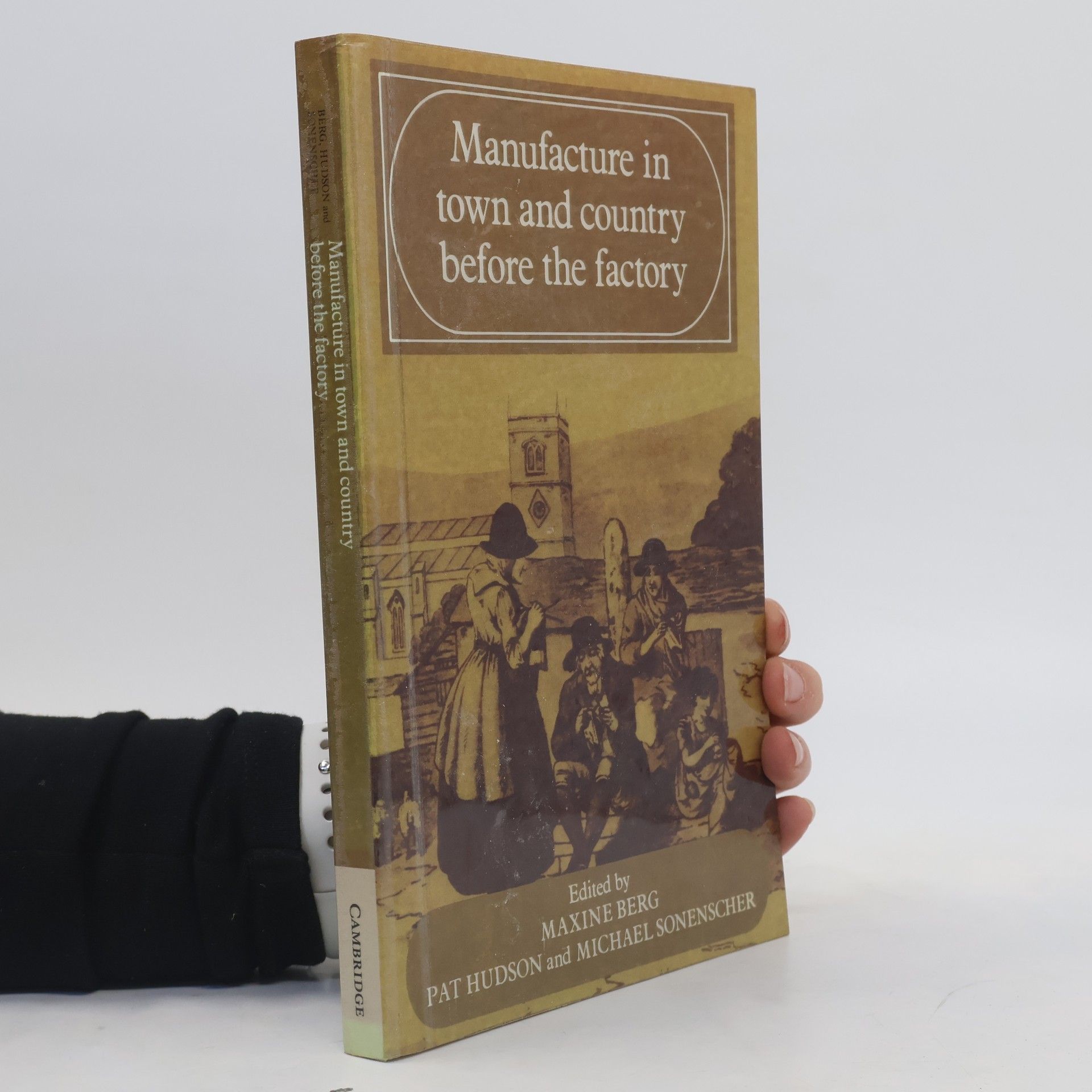Manufacture in Town and Country Before the Factory
- 224pages
- 8 heures de lecture
The essays in this book explore the internal organisation of production before the development of the factory system.
Cette auteure est professeure d'Histoire à la University of Warwick, poste qu'elle occupe depuis 1998. Elle est membre de la British Academy et de la Royal Historical Society. Ses travaux académiques explorent des analyses historiques approfondies, nourries par sa riche expérience pédagogique. Son expertise dans ce domaine est largement reconnue au sein des communautés universitaires.


The essays in this book explore the internal organisation of production before the development of the factory system.